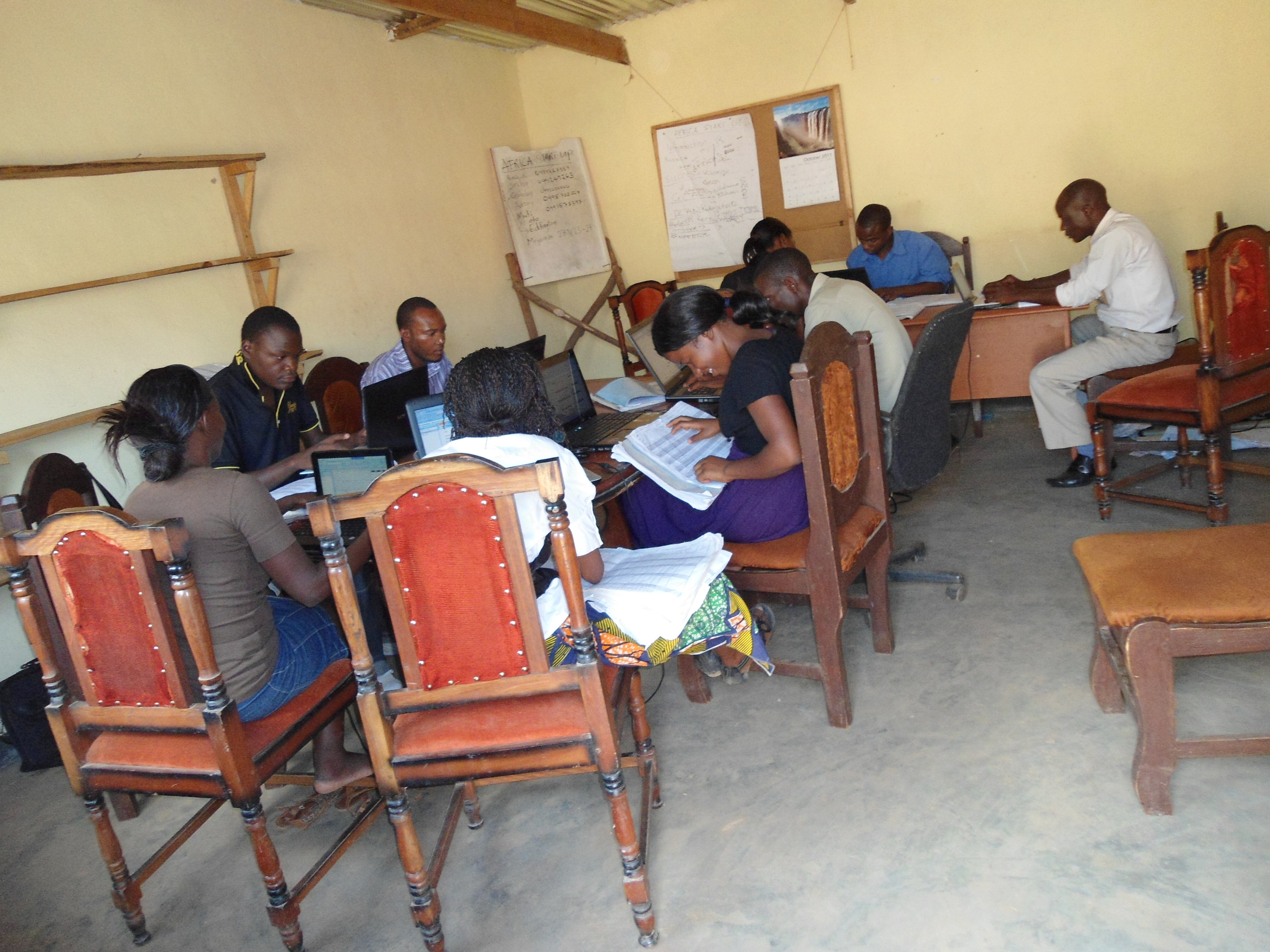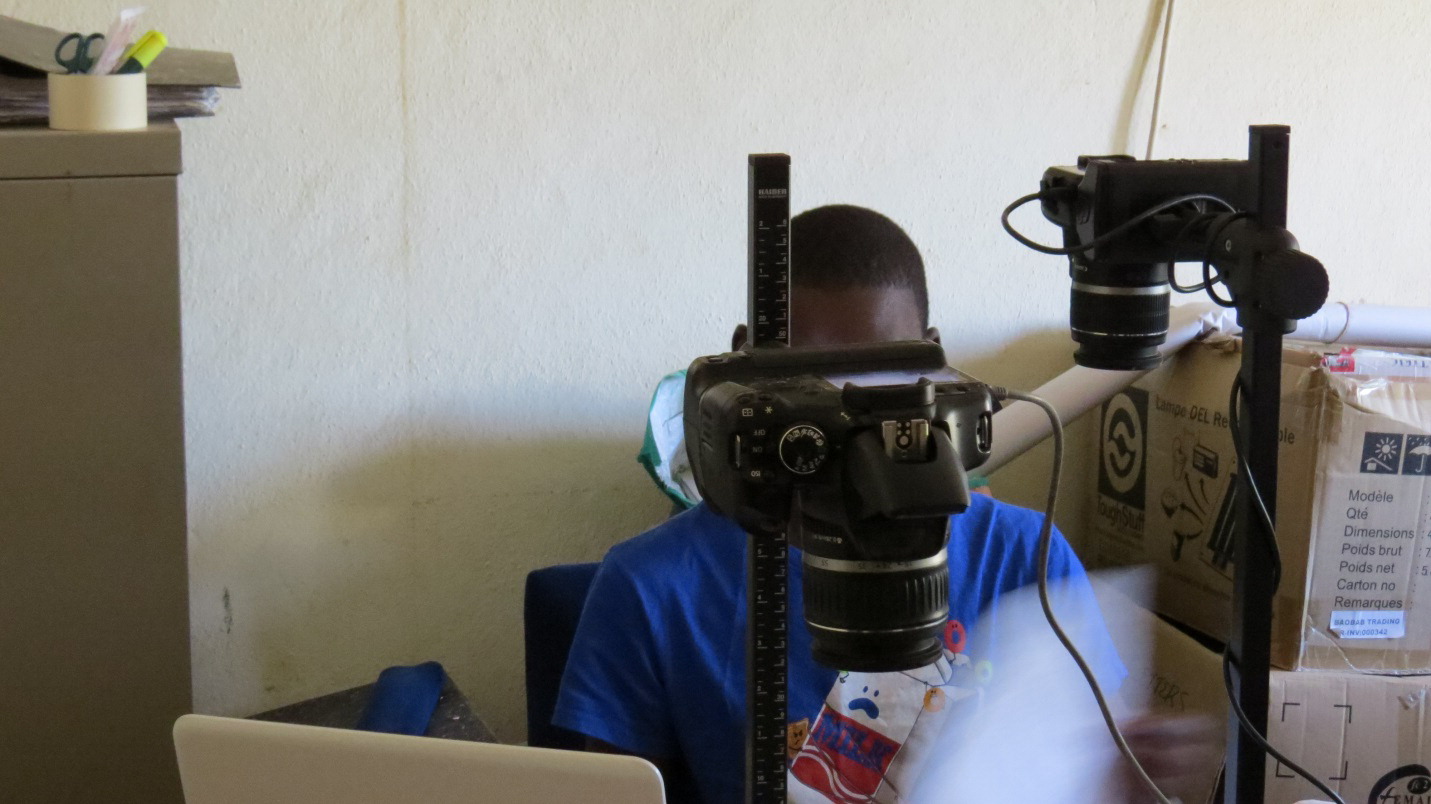|
PARTNERSHIPS FOR ENHANCED ENGAGEMENT IN RESEARCH (PEER) HEALTH
Cycle 1
Introducing "Option B+" in Malawi: Impact on Child Outcomes
Principal Investigator: Frank Chimbwandira, Ministry of Health, Malawi
NIH-Supported Collaborator: Matthias Egger, University of Bern
Title of NIH Award: International Epidemiologic Databases to Evaluate AIDS-Southern Africa (IeDEASA)
Dates: May 2013 - April 2018 Project Overview
In September 2011, Malawi introduced the “Option B+” strategy to prevent mother-to-child transmission (MTCT) of HIV and started all pregnant and breastfeeding women on lifelong antiretroviral therapy (ART), regardless of their clinical condition or CD4 cell count. Option B+ may also reduce maternal morbidity and mortality, decrease transmission between serodiscordant partners, and raise the rate of child survival by reducing HIV mother-to-child transmission and improving maternal health. However, concerns have been raised about the implementation of Option B+, acceptance of ART, and adherence and retention in care among Option B+ patients, who typically initiate ART in the early asymptomatic stage of an HIV infection. This PEER research project evaluated the Option B+ program in Malawi, identifying challenges to program success by determining and describing the individual-, community- and health-system-level factors that limit or increase ART uptake, adherence. and retention in care.
Researchers analyzed the effects of introducing Option B+ on HIV MTCT rates, HIV testing in infants, ART initiation in children, ART adherence, loss to follow-up, and treatment changes among women who started ART with an Option B+ indication. Researchers also examined the associations between PMTCT interventions and mother and child outcomes, such as HIV testing rates and obstetric and newborn complications.
 |  | Research team members working from paper medical records.
| A team member works on the digitization of paper medical records using a camera - a necessary step to perform probabilistic record linkage. |
Final Summary of Project Activities
The PEER team digitized routinely collected paper-based antenatal care (ANC), maternity (MAT), and HIV-exposed infants (HEC) records from 13 district hospitals, 2 central hospitals, 3 mission hospitals, and 3 large health centers in central and southern Malawi. Data was double entered and cleaned. Researchers also conducted focus groups and qualitative interviews with Option B+ patients and health care providers. Key findings from the study included the following: - There was a low rate of confirmed MTCT after the introduction of Option B+, but due to poor retention only about one-half of HIV-infected children were diagnosed.
- One-third of women in the Option B+ program adhered inadequately during pregnancy and breastfeeding, especially soon after delivery.
- Women who stayed on ART through breastfeeding are motivated to continue lifelong ART.
- HIV-exposed uninfected infants born in the Option B+ period experienced faster weight gain than infants born before Option B+.
- Option B+ was more expensive than Option B, but despite the higher costs, Option B+ will likely become a cost-effective strategy in the long term.
- Compared to women who started ART in WHO clinical stage 3 or 4 or with low CD4 cell count, Option B+ patients who started ART during pregnancy were at a five times higher risk to be lost to follow-up at the first follow-up visit.
- Retention on ART across all age groups improved in the early years but remained constant thereafter, despite the burden posed by expansion of ART coverage on the healthcare system.
- The researchers found no association between stillbirth and timing of ART initiation.
The PI Dr. Chimbwandira contributed to the creation of a government working group on improving Option B+ adherence. He and his colleagues also published several papers from their analyses and presented results at both local events (National AIDS Commission and College of Medicine research dissemination conferences) and international conferences (IAS, CROI, IWHOD). They collaborated with partners involved in PMTCT programs and launched a knowledge-sharing platform for government hospitals. The team co-organized a workshop with Mothers to Mothers on promoting translation of PMTCT research into policy and established a PMTCT community of practice (CoP). The PEER project leads wrote a policy brief that proposed strategies that could address the problem of sub-optimal retention in care for Option B+.
The evidence from the PEER project has led to development of strategies aimed at improving retention in care. For example, some research institutions have conducted interventional studies where SMS reminders, expert clients, and mentor mothers have been piloted. The team also received a new grant of $87,000 from the National Institutes of Health to supplement their analysis on growth outcomes of HIV-exposed uninfected infants and cover the rest of their expenses.
Publications
L. Tenthani L, J.J. van Oosterhout, A.D. Haas, M. Msukwa, N. Phiri, F. Chimbwandira, K. Tal, K. Aebi-Popp, J. Estill, and O. Keiser. 2018. Patterns of caesarean section in HIV infected and non-infected women in Malawi: is caesarean section used for PMTCT? BMC Pregnancy and Childbirth 18(1): 95. https://doi.org/10.1186/s12884-018-1722-4
A.D. Haas, J.J. van Oosterhout, L. Tenthani, A. Jahn, M. Zwahlen, M.T. Msukwa, M.A. Davies, K. Tal, N. Phiri, A. Spoerri, F. Chimbwandira, M. Egger, and O. Keiser. 2017. HIV transmission and retention in care among HIV-exposed children enrolled in Malawi’s prevention of mother-to-child transmission programme. Journal of the International AIDS Society 20(1): 21947. http://dx.doi.org/10.7448/IAS.20.1.21947
Andreas D. Haas, Malango T. Msukwa, Matthias Egger, Lyson Tenthani, Hannock Tweya, Andreas Jahn, Oliver J. Gadabu, Kali Tal, Luisa Salazar-Vizcaya, Janne Estill,
Adrian Spoerri, Nozgechi Phiri, Frank Chimbwandira, Joep J. van Oosterhout, and Olivia Keiser. 2016. Adherence to Antiretroviral Therapy During and After Pregnancy: Cohort Study on Women Receiving Care in Malawi’s “Option B+” programme. Clinical Infectious Diseases 63(9): 1227-1235. https://doi.org/10.1093/cid/ciw500
Lyson Tenthani, Andreas D. Haas, Matthias Egger, Joep J van Oosterhout, Andreas Jahn, Frank Chimbwandira, Kali Tal, Landon Myer, Janne Estill, and Olivia Keiser. 2015. HIV testing among pregnant women who attend antenatal care in Malawi. Journal of Acquired Immune Deficiency Syndromes 69(5): 610-4. https://doi.org/10.1097/qai.0000000000000669
Lyson Tenthani, Andreas D. Haas, Hannock Tweya, Andreas Jahn, Joep J. van Oosterhout, Frank Chimbwandira, Zengani Chirwa, Wingston Ng’ambi, Alan Bakali, Sam Phiri, Landon Myer, Fabio Valeri, Marcel Zwahlen, Gilles Wandeler, Olivia Keiser, for the Ministry of Health in Malawi and IeDEA Southern Africa. 2014. Retention in care under universal antiretroviral therapy for HIV-infected pregnant and breastfeeding women (‘Option BR’) in Malawi. AIDS 28: 589–598. https://doi.org/10.1097/QAD.0000000000000143
Health Cycle 1 Recipients
|





